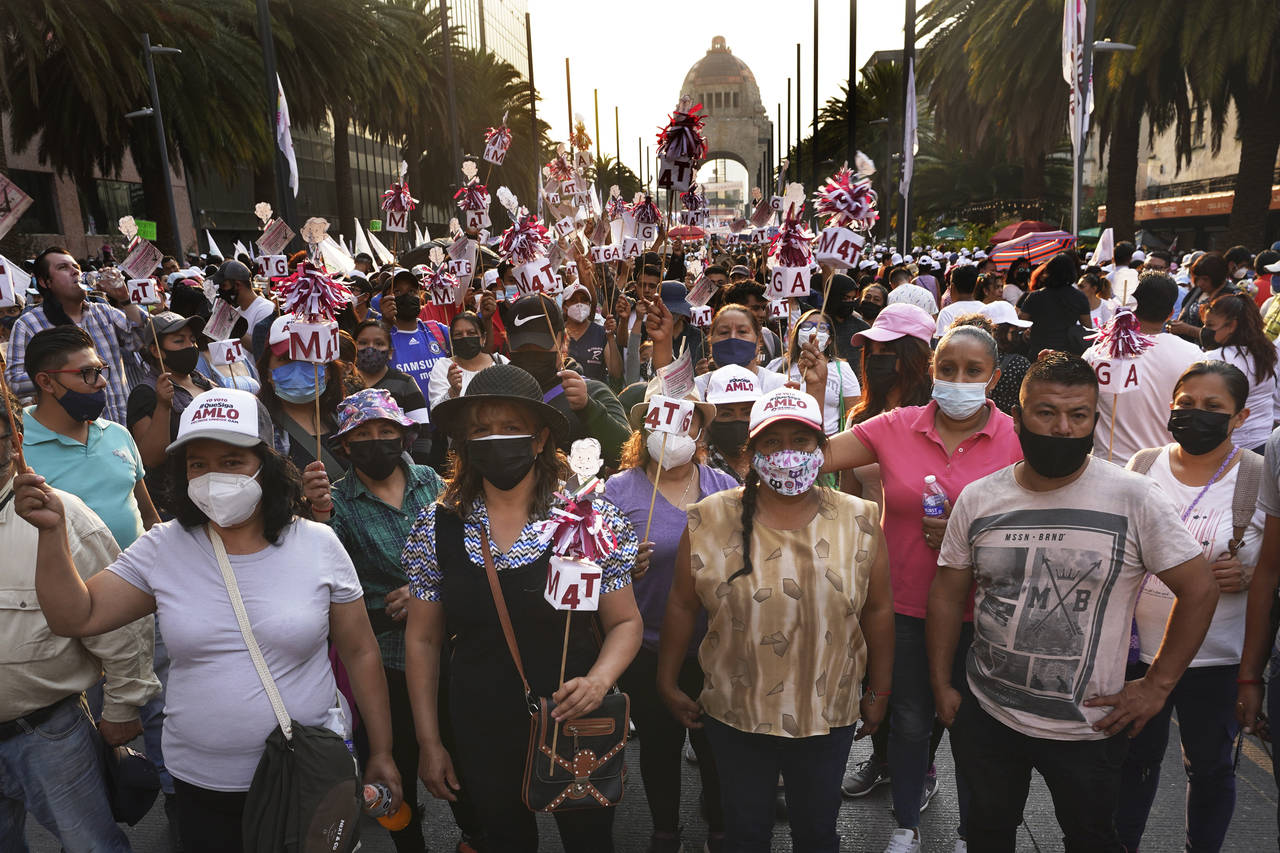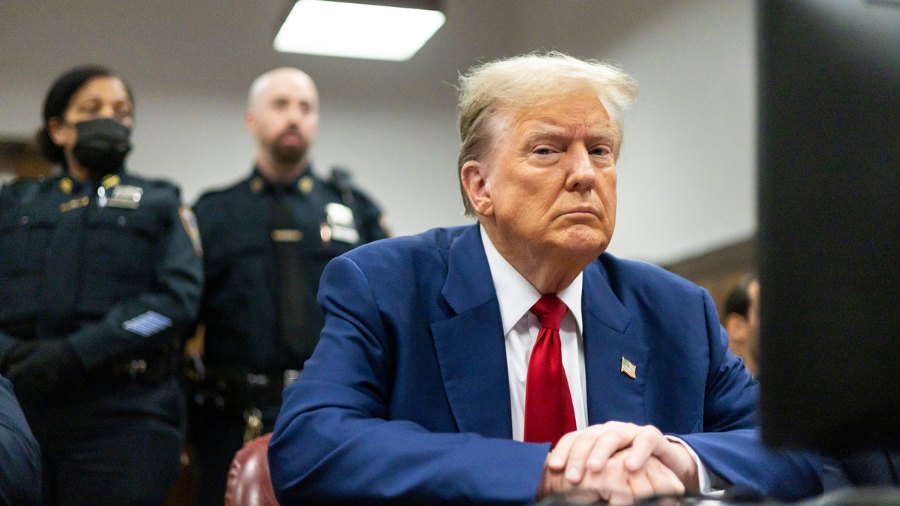Mexico high court OKs preference for state power plants
Apr 7, 2022, 6:16 AM | Updated: 6:19 pm

Government supporters attend a meeting with Mexico City's head of government Claudia Sheinbaum and members of the ruling MORENA party to inform on the Energy Reform Bill at the Revolution Monument in Mexico, City, Wednesday, April 6, 2022. (AP Photo/Marco Ugarte)
(AP Photo/Marco Ugarte)
MEXICO CITY (AP) — Mexico’s Supreme Court deemed constitutional Thursday a controversial energy law pushed by President Andrés Manuel López Obrador that gives government-owned power plants preference over private competitors.
The law took effect in March 2021, but a number of private energy companies sought injunctions blocking enforcement. With the law ruled constitutional, the injunctions will now have to be resolved.
The law establishes that electricity must be bought first from government power plants, which use primarily coal, oil and diesel to produce energy. If demand requires it, additional electricity could be purchased from private wind, solar and natural gas plants.
Jesús Ramírez, presidential spokesman, celebrated the court’s decision. “History will judge those who betray the country and the interests of Mexican people,” he said via Twitter.
Critics, including the United States government, maintain the law will undermine competition in the sector, hurt the environment and violate free trade agreements.
U.S. Ambassador to Mexico Ken Salazar said in a statement after the decision that “we are concerned that the 2021 electricity law is likely to open the door to endless litigation, creating uncertainty and impeding investment.”
He said the U.S. hopes “the legal framework that emerges will support the creation of a North American clean energy powerhouse, protect current and future U.S. business investments in Mexico in accordance with Mexico’s obligations under the United States-Mexico-Canada Agreement, and protect the integration of U.S.-Mexico supply chains for the prosperity of our region.”
The justices reviewed the law piece by piece and repeatedly returned divided votes that were not enough to overturn it. The constitutional challenge had been brought by the law’s opponents in the Mexican Senate. The court’s formal written decision will not be published for weeks.
Opponents of the law contend it will create a de facto state monopoly, hurt competition and force Mexicans to buy more expensive and polluting electricity.
Miriam Grunstein, a scholar at the Center for the United States and Mexico at Rice University’s Baker Institute, said Mexico could lose “a lot of investment capacity, a lot of credibility.” She said it could render Mexico’s electrical system “inoperable,” at a moment when fallout from Russia’s invasion of Ukraine is already complicating the energy sector.
López Obrador maintains the goal of the law is to protect state companies against what he considers unfair competition from privately owned power plants.
Many private companies sought relief in the courts when the law took effect so they could continue operating. Investors in the private plants argued the law violates the new United States-Mexico-Canada Agreement’s strict limits on how a government can favor its own firms over outsiders and also goes against Mexico’s international commitments to reduce carbon emissions.
Grunstein said this could be the beginning of the end of free competition in Mexico’s energy sector, considering that the constitutional reform being considered is along similar lines and seeks to close the market.
Mexican lawmakers are also debating a related constitutional reform to the energy sector that would accomplish much of what is in the law, but be more difficult to reverse if cemented in the constitution.
Copyright © The Associated Press. All rights reserved. This material may not be published, broadcast, rewritten or redistributed.
















